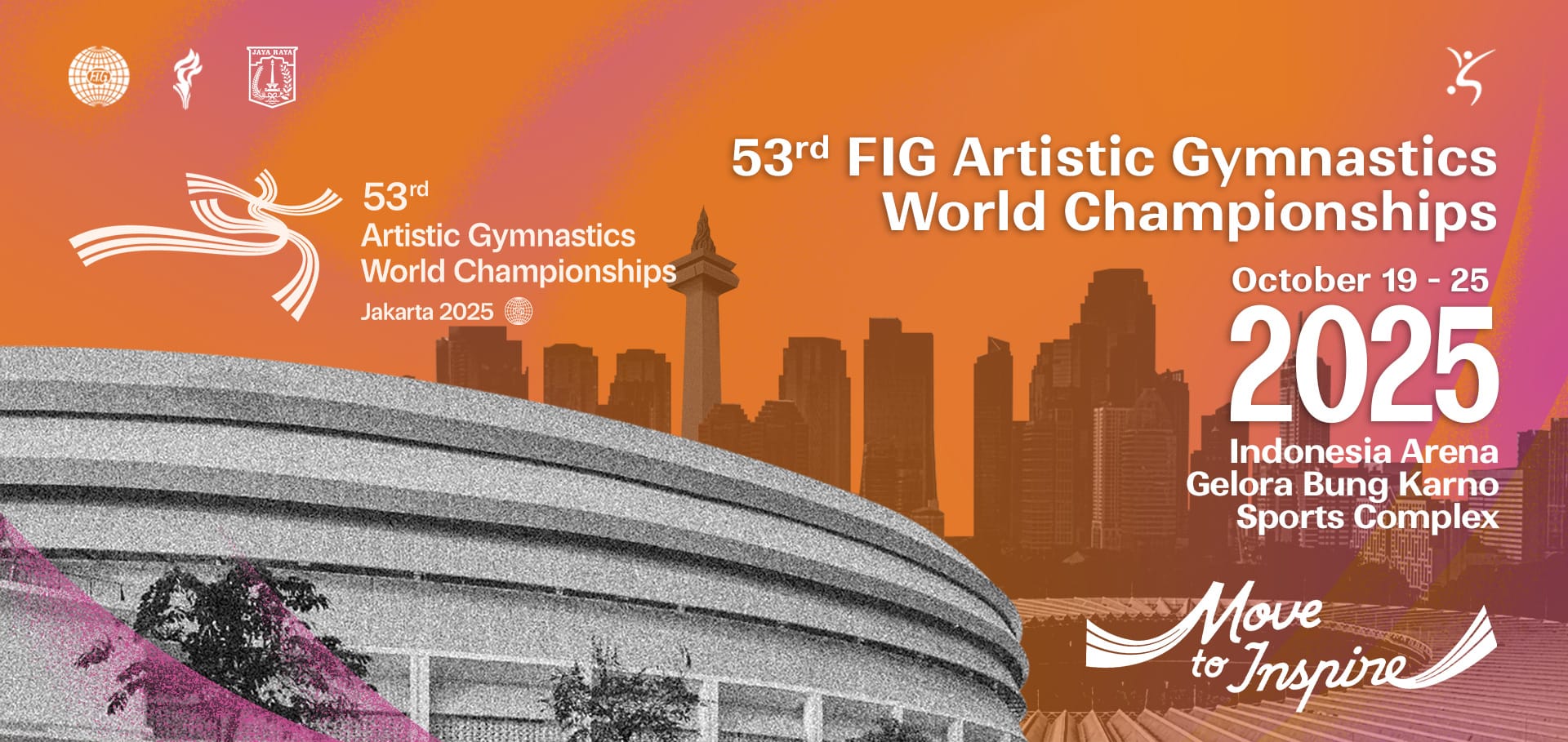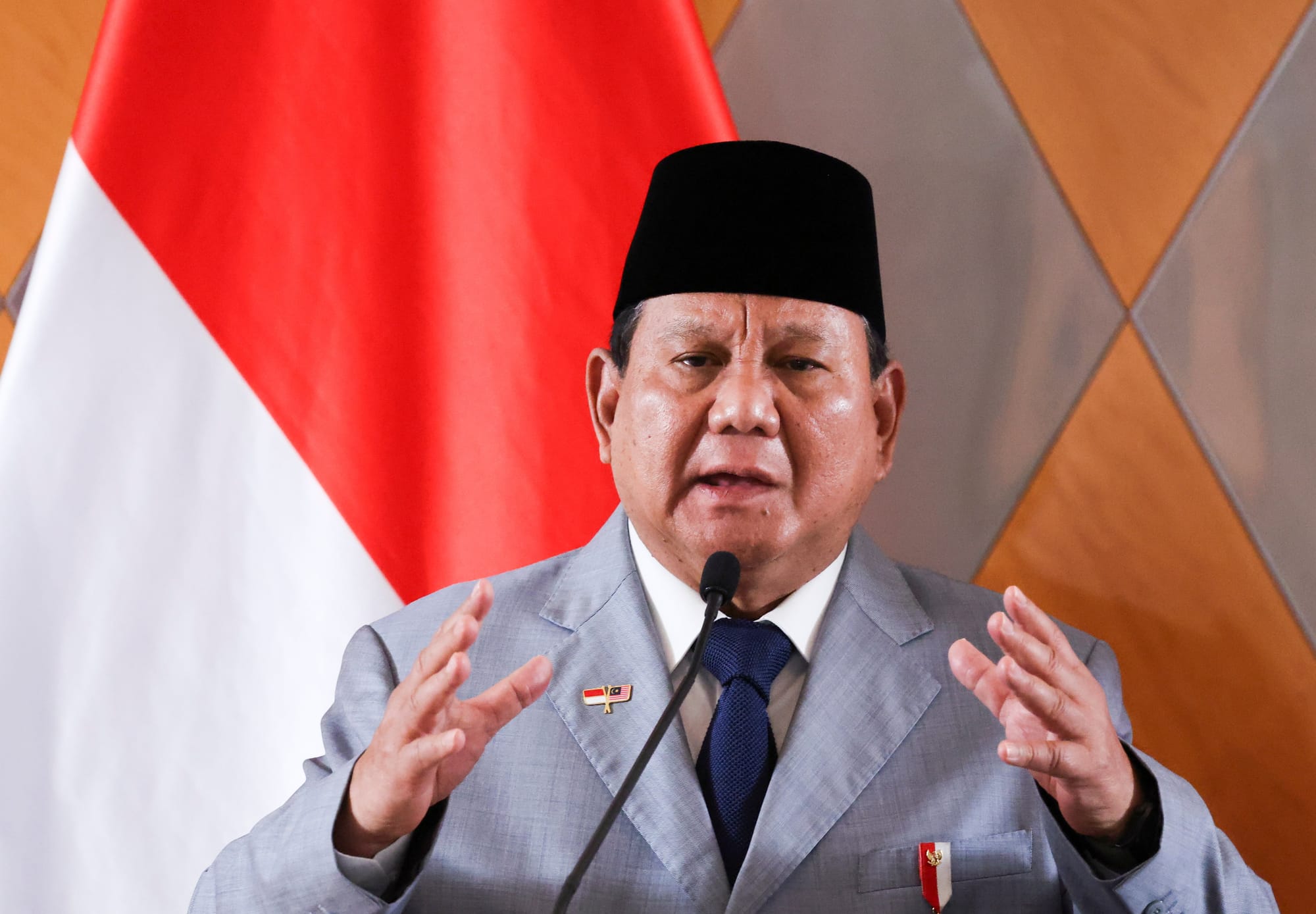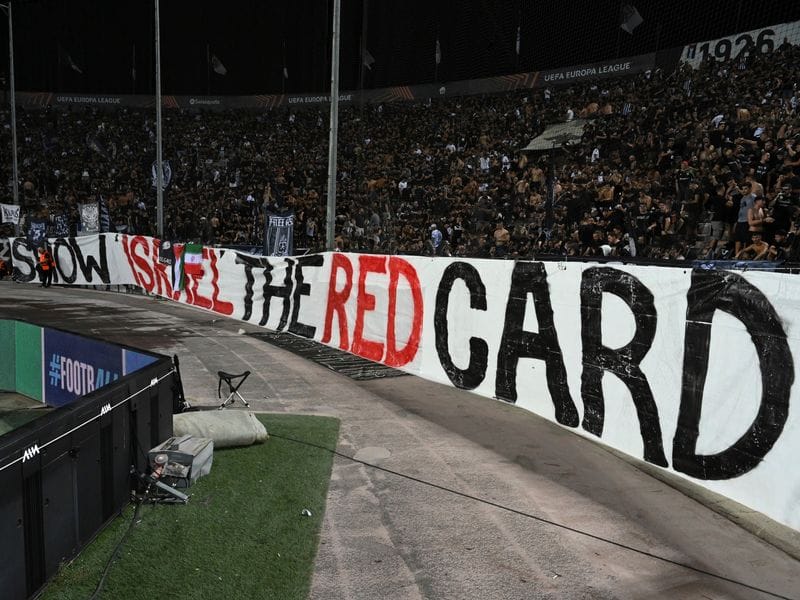Indonesia bans Israel from the World Gymnastics Championships - a victory for Palestinian solidarity

In a bold, principled stand for justice, Indonesia has refused to grant visas to the Israeli gymnastics team - effectively preventing Israel from competing at the 53rd FIG Artistic Gymnastics World Championships in Jakarta later this month. The decision, made by a nation of 270+ million people that has long stood with the Palestinian struggle, is not an isolated diplomatic quirk: it is a clear political act rooted in outrage over Israel’s decades-long occupation and the recent, catastrophic assaults on Gaza.

What happened
On 10 October 2025 the Indonesian government announced it would not grant entry to athletes representing Israel, citing both domestic objections - including pressure from Islamic organisations and local authorities - and the country’s longstanding support for Palestinian rights. Senior legal affairs minister Yusril Ihza Mahendra summed up the government’s stance: “The government will not grant visas to Israeli gymnasts who intend to attend the World Artistic Gymnastics Championships in Jakarta.” That statement crystallised a widely shared sentiment in Indonesia: sport cannot be normalised while what is happening in Gaza continues.

The International Gymnastics Federation (FIG) published a short, procedural note saying it “took note” of the Indonesian government’s decision - a formula that, in practice, let the host state’s political judgment stand. The Israel Gymnastics Federation called the development “shocking and heartbreaking” and immediately launched emergency appeals to the Court of Arbitration for Sport (CAS). CAS, however, refused to grant urgent provisional measures to force Indonesian visas or to annul FIG’s response, leaving Israeli athletes excluded.
Why this matters - sport as a moral arena
The Indonesian decision should be read as part of a rising global refusal to treat Israel’s actions as ordinary. Over recent months and years, athletes, fan groups, civil-society coalitions and even expert UN bodies have insisted that normal sporting relations cannot coexist with mass killings, forced displacement and what many international authorities now describe as systematic crimes and genocide. Activist groups (including the established BDS networks and newer coalitions such as “Game Over Israel”) and legal scholars have renewed calls for Israel’s suspension from football, athletics and other international competitions until accountability is achieved. The momentum is not merely symbolic - it aims to make sporting bodies confront the moral consequences of continuing “business as usual.”
This is not the first time Indonesia has placed conscience ahead of invitation lists. In 2023, Indonesia’s refusal to allow Israeli participation in the U-20 World Cup led FIFA to strip the country of hosting rights - a fraught episode that underscored how deep the country’s solidarity runs and how costly principled choices can be under the current international order. That earlier stand was widely criticised by governing bodies at the time, but it also helped crystallise a debate: should sporting governance be blind to gross human-rights violations? For Palestinians and their supporters, the answer is clear.
Voices from the field - official and popular reactions
Indonesia’s official framing referenced domestic pressure and moral considerations; FIG’s terse statement signalled institutional reluctance to force a host state to go against its own foreign-policy decisions. Israel’s federation described the exclusion in anguished terms and sought redress through CAS, which in the end declined last-minute intervention. Reuters summarised the positions bluntly: Indonesia cited “strong domestic opposition” related to the Gaza offensive, FIG said it had no jurisdiction over a host nation’s visa policy, and the Israeli federation called the move “shocking and heartbreaking.”
But the stronger, persistent voice in this moment is that of ordinary people and activist networks - Palestinians, solidarity movements, athletes and fans - who have argued for years that sporting normality provides cover for crimes. Demonstrations, petitions, open letters from athletes and organised campaigns have mounted pressure on federations like UEFA, FIFA and national Olympic committees to act. In football and beyond, these calls are explicitly framed as demands for accountability: suspension until Israel ends the practices that international experts say violate international humanitarian law.

The legal and institutional gap
What the Indonesia case exposed is a systemic weakness: international sports federations often lack clear, enforceable mechanisms to respond to host-state political decisions motivated by human-rights considerations. FIG’s “take note” was not a rebuke; CAS’s refusal to compel host visas demonstrates legal limits in an arena that tries - frequently unsuccessfully - to be apolitical. Meanwhile, activists and many legal scholars argue that apoliticalism itself is a political choice when it permits the erasure of victims’ suffering by insisting that athletes simply “compete.” Those calling for bans or suspensions do not seek to punish athletes individually; they seek to make institutions accountable and to deny platforms that normalise atrocities.
Pressure to escalate - more bans, more consequences
Already, pressure is mounting for other sports bodies to follow Indonesia’s moral lead. Campaigners have re-energised petitions and letters asking UEFA, FIFA, the IOC and national federations to consider suspension or other sanctions. The Trump administration recently stepped in to prevent a ban taking place on the footballing front. UN human-rights experts and civil-society coalitions have publicly urged suspensions from international football and cultural boycotts until there is accountability - language that has shifted from fringe rhetoric to a mainstream demand in several national debates. The Indonesian action gives those callers a concrete precedent: if a major, responsible sporting event can exclude a state whose policies are seen as deeply criminal, then other federations face a moral test.

What this win means for Palestinians
For Palestinians, every venue in which Israel’s actions are questioned is a space of truth-telling. Indonesia’s refusal to normalise Israel’s participation is not merely tactical; it recognises the human cost of allowing international life to proceed as though Gaza’s devastation were irrelevant. The exclusion forces public attention: match schedules, press releases and scoreboards become a stage on which the world must reckon with consequences. That is precisely the point of sporting solidarity - to refuse to render invisible the violence committed against a people and to demand that institutions stop enabling impunity.
Beware the counter-arguments - and why they fall short
Opponents will cry “politicisation of sport” and wring hands about athletes losing opportunities. But when institutions treat politics as a neutral zone while graves pile up and homes are bulldozed, neutrality is complicity. The moral calculus is simple: allowing normal sport for a state accused by independent experts of systemic crimes contributes to the erasure of victims. The Indonesia decision reasserts an ethical line: participation is not a right that trumps accountability. Sources across global media confirm the scale and nature of the exclusion and the legal outcomes IGF sought and lost.
The road ahead
This is a live, rapidly evolving story. Expect activists to press federations in the coming days for decisive steps - suspension motions, investigations, or at minimum clear ethical postures that do not treat sport as a neutral bystander. The flame of solidarity that Indonesia has lit will be used by many to argue that sports institutions must choose: side with victims or side with the impunity that lets atrocities continue unfettered. For Palestinians and their allies, the Jakarta decision is a hard-fought public affirmation: the world can - and must - draw lines.
